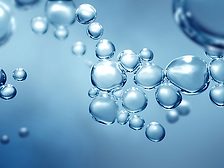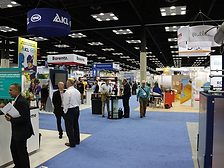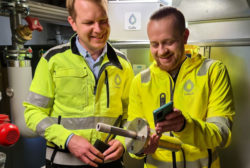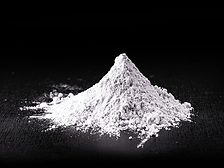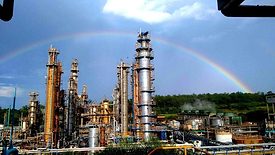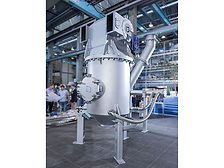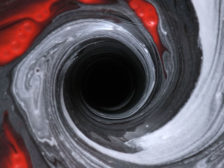Manufacturing Equipment
Upgrading a DCS provides much greater reliability, process control and automation, as well as additional capabilities for manufacturers.
Read More
Achieving Continuous Improvement Through Better Fluid Management
Four Steps to Better Manage Fluid Performance
Read More
Online Monitoring Improves Chemical Equipment Efficiency
Helps Reduce Corrective and Preventive Maintenance
March 31, 2022
Keep the info flowing with our eNewsletters!
Get the latest industry updates tailored your way.
JOIN TODAY!Copyright ©2025. All Rights Reserved BNP Media.
Design, CMS, Hosting & Web Development :: ePublishing


